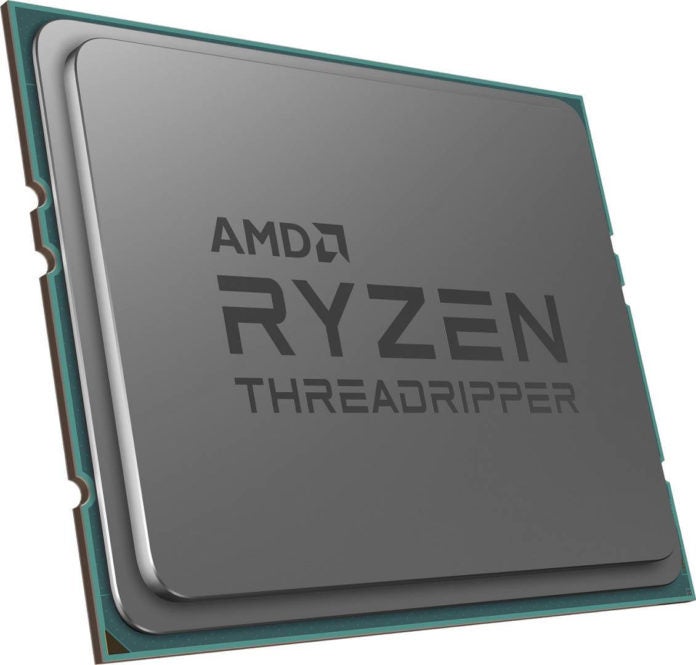Search giant Baidu has released an open-source tool to detect whether individuals in crowds are wearing face masks, as cities around the country impose rules requiring use of such protection in public spaces.
The face-scanning model uses artificial intelligence to identify people in real-time who are not wearing masks or those who are wearing them incorrectly, Baidu said on Thursday. The system can identify non-mask wearers with 96.5% accuracy, which meets the needs of routine inspections, according to the company.
Developers then only need a small amount of data to train the tool for their own use. The model was trained on a dataset of 100,000 faces, Baidu said.
[Source: TechNode]


